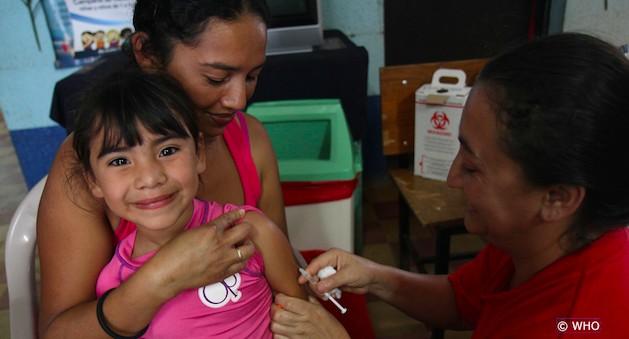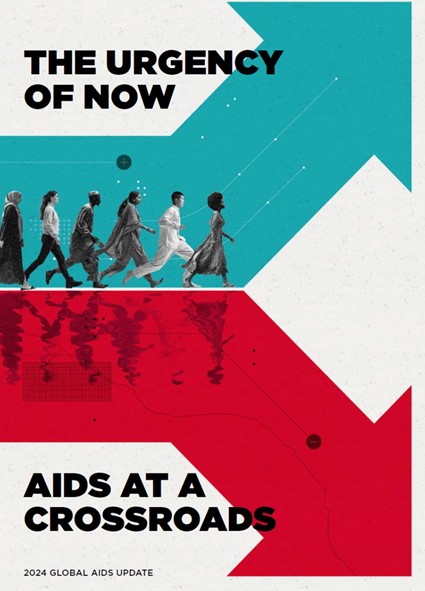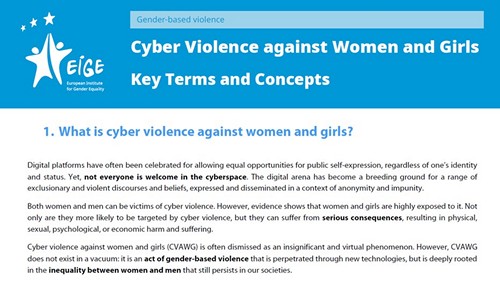Trafficking in Women & Girls – Report of the UN SG 2020: Conclusions & Recommendations
Извор: WUNRN – 20.10.2020
V. Conclusions and Recommendations
A. Conclusions
46. Trafficking entails human rights violations, which disproportionately affect women and girls.
47. Women’s unequal economic and social status, lack of access to decent work and poverty, as a result of structural and systemic discrimination, increase their vulnerability to trafficking. At the same time, trafficking perpetuates and exacerbates women’s economic inequality and poverty.
48. The drivers of trafficking, in particular women’s unequal economic status, poverty and economic inequality, are expected to intensify and deepen as a result of the COVID-19 crisis, placing women and girls at increased risk.
Research on survivors of trafficking shows that they are losing access to key services that are essential for well-being and recovery, and significant delays in judicial proceedings have had an impact on their access to justice and compensation, where they are available.
49. Trafficking is a highly profitable crime for its perpetrators, yet trafficking networks continue to operate with a high degree of impunity across the world, with very few convictions. Impunity serves as an incentive for traffickers to continue the exploitation of women and girls. In the context of the economic crisis resulting from COVID-19 and travel restrictions, traffickers may seek to maintain their revenue through new means of exploitation and violence against women and girls.
50. It is victims of trafficking who primarily pay the price in lifelong human and financial costs, including wage theft, long-term economic insecurity and poor physical and mental health outcomes. Survivors of trafficking very rarely receive compensation from the illicit financial gains made by perpetrators and often struggle to find decent work in the long term. The lifelong economic insecurity experienced by survivors of trafficking increases their vulnerability to poverty and being re-trafficked.
51. Despite increased efforts to strengthen national action plans to address trafficking in women and girls, efforts to prosecute traffickers and protect victims remain inconsistent. Impunity for the crime of trafficking is already rife, and with COVID-19 lockdowns in place in many countries, justice for victims and survivors risks being further delayed.
52. The non-punishment principle for victims of trafficking remains inadequately applied, which continues to put victims at risk of being charged, detained, prosecuted or punished for related offences.
B. Recommendations
53. Against the backdrop of the present report, it is recommended that Member States:
(a) Ensure, within their capabilities, in the context of COVID-19 and to help reduce vulnerability to trafficking and exploitation, universal access to social protection and income protection, including for all migrants, refugees and internally displaced persons, keep open as essential services specific services for victims and survivors of trafficking, including hotlines, accommodation, health, psychological support and employment services, and adapt services through technology when face-to-face support cannot be provided;
(b) Ensure that law enforcement agencies retain the capacity to detect and investigate trafficking in women and girls, in particular as forms of trafficking and exploitation shift in the context of COVID-19 and post-COVID-19, ensure the continuity of the justice system to investigate and prosecute traffickers through videoconferencing or teleconferencing to ensure timely access to justice for victims, ensure that victims have access to information and communications technologies, such as mobile phones and the Internet, to enable their access to justice and other services, ensure that victims and survivors of trafficking have continued access to comprehensive health-care services, related both to COVID-19 and to other physical and mental health needs, including sexual and reproductive health care, and put in place stronger measures to ensure that victims of trafficking are not punished for the crimes they were forced to commit during their exploitation;
(c) Ensure that migrant workers, including those with precarious livelihoods, domestic workers or those working in the informal economy, have access to rights and entitlements under labour laws, and continue with labour inspections and compliance monitoring, as ensuring adherence to international labour standards will become more pressing as the impacts of COVID-19 unfold;
(d) Create partnerships with financial institutions and other private sector organizations to regularly monitor, detect and report suspicious activities associated with trafficking, as, given the significant flow of financial resources, financial investigations hold great potential to detect trafficking and identify perpetrators, in particular as traffickers turn to new forms of exploitation in the context of COVID-19. Law enforcement agencies require the mandate, capability and resources to conduct financial investigations and prosecute perpetrators. Partnerships across sectors and data sharing are critical to detecting traffickers;
(e) Increase investments in evidence-based women’s economic empowerment programmes that pay specific attention to trafficking, in particular in countries of origin, in order to reduce women’s vulnerability to trafficking, introduce a comprehensive set of measures, in addition to specific economic empowerment programmes, to realize women’s economic and social rights, including access to education, decent work, equal pay and equal rights over assets and productive resources, and eliminate gender-discriminatory laws and policies; A/75/289 18/18 20-09562
(f) Invest in long-term prevention measures to address the root causes of sexual exploitation, including harmful masculinities and male sexual entitlement, in order to eradicate trafficking in women and girls in the long term. Programmes to engage men and boys to shift norms and attitudes that accept violence against women are critical;
(g) Compensate survivors of trafficking through State-based schemes with specific provisions for victims of trafficking. Compensation should not be reliant on the seizure of assets from traffickers, cooperation with law enforcement or the exhaustion of remedies through judicial processes.
Direct Link to Full 18-Page Report for the 2020 UN General Assembly:



